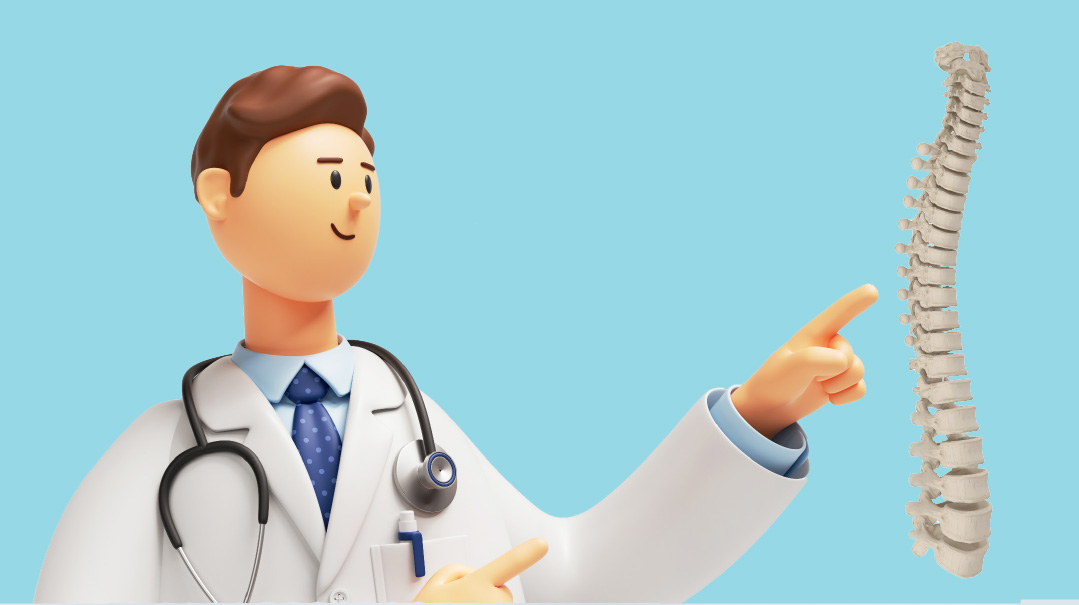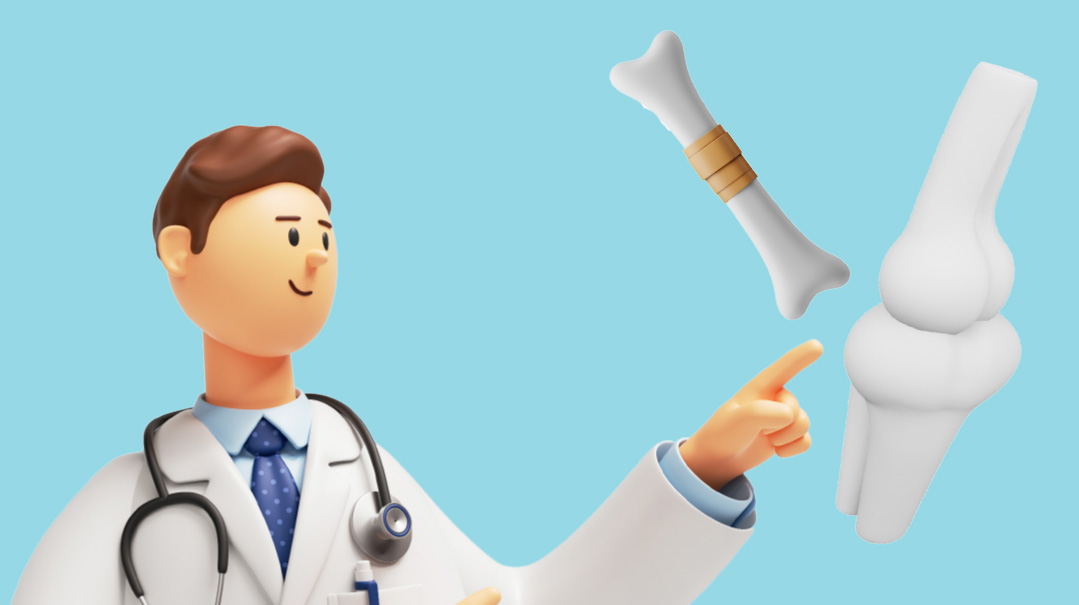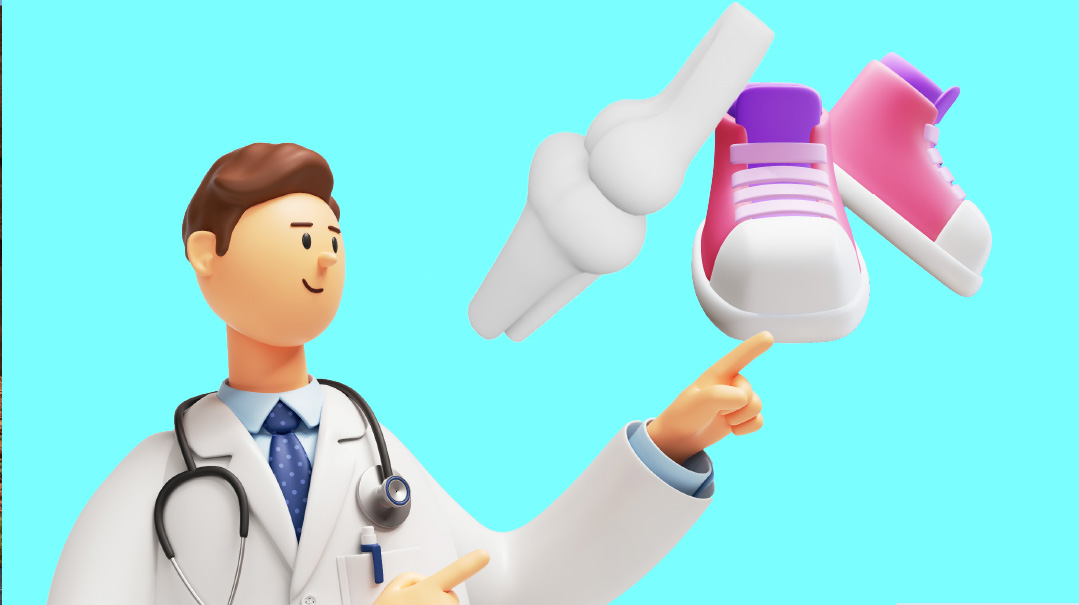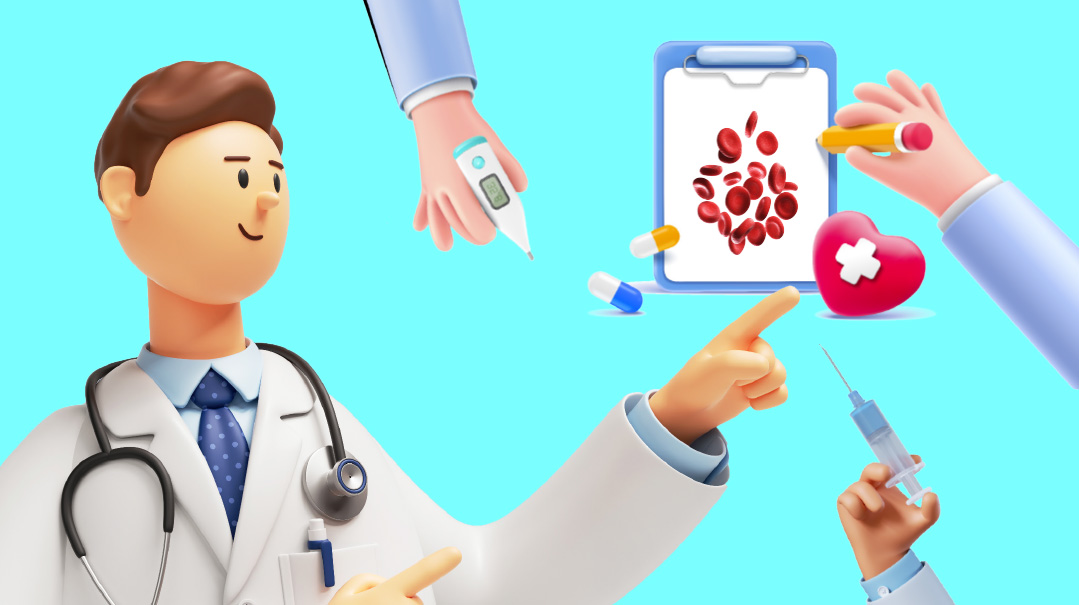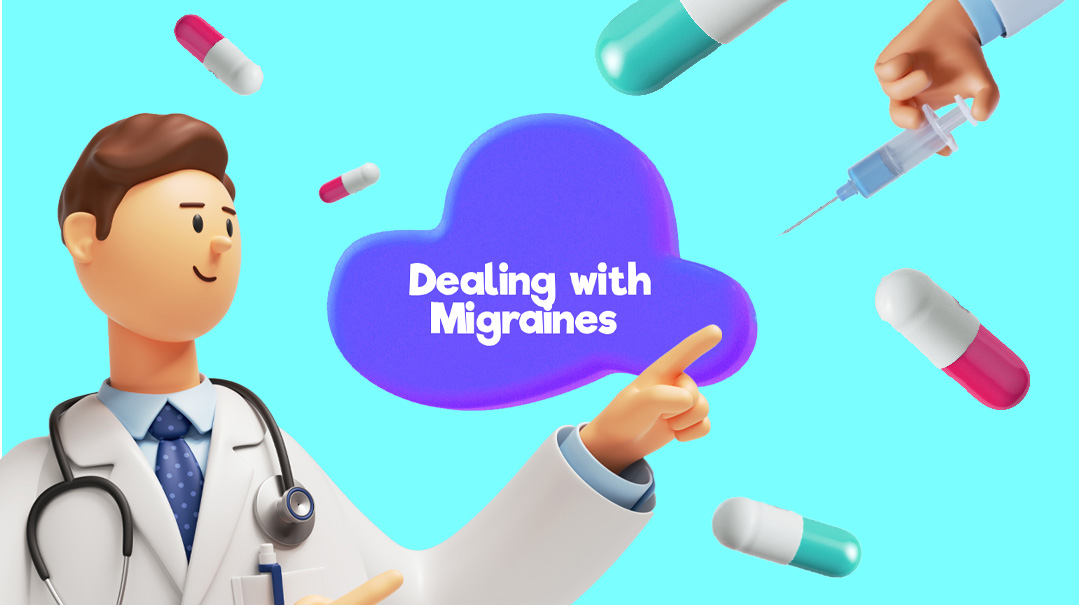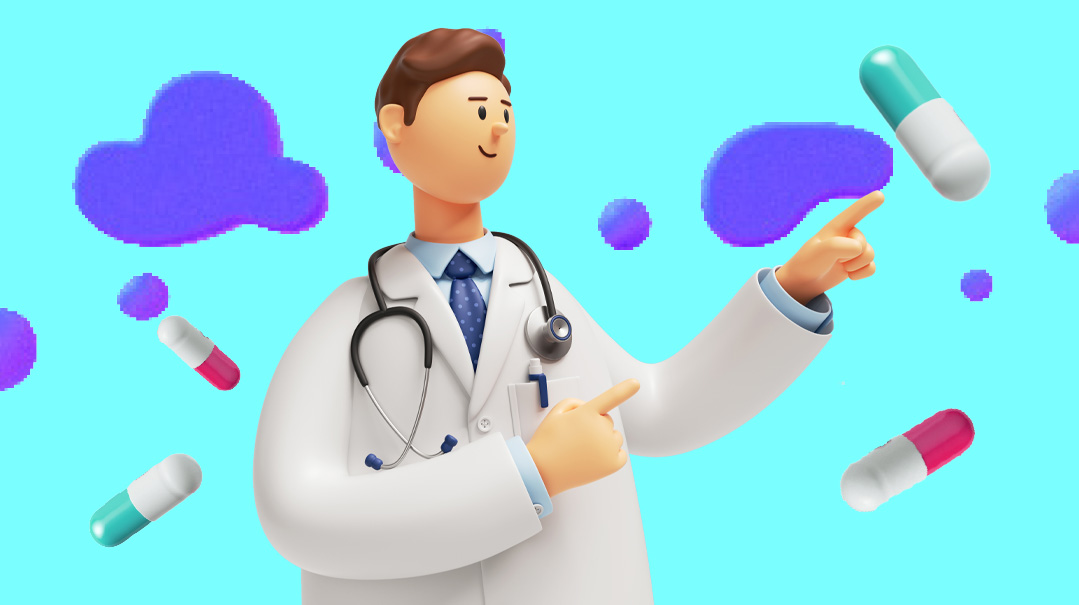Dealing with Severe Atopic Dermatitis
| March 29, 2022There are treatments to try and relieve AD, but there is no cure
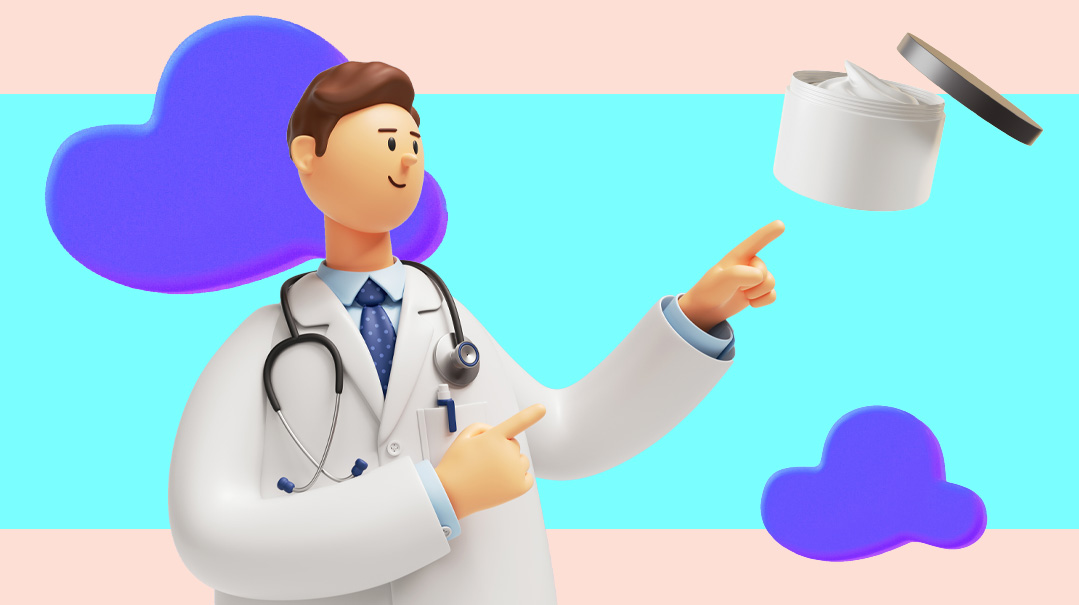
Chaya’s grandmother lives with her family, and Chaya is very close to her. Chaya learned how to sew and cook at an early age, because she enjoys spending lots of time with her grandmother. She also loves reading, and has even figured out how to read while in the shower! Chaya collects stamps.
What is atopic dermatitis?
Atopic dermatitis is a chronic skin condition which causes your skin to become very red and itchy. It’s sometimes called eczema. In severe atopic dermatitis, patches of the skin become even more red, swollen, and unbearably itchy. There are treatments to try and relieve AD, but there is no cure.
When did you find out you had atopic dermatitis? How did you find out?
I’ve had AD for as long as I can remember. It’s always been a part of my life.
Does having atopic dermatitis affect your day-to-day life? How?
When I was little, I had AD behind my knees, on my arm, and on my neck. It’s easy to cover those parts, but as I got older, I started getting atopic dermatitis on my face as well, and there’s no way to hide that.
My parents tried all sorts of treatments. We’ve tried (and continue to try) conventional medicine (regular doctors), creams, calcium injections, and also natural medicine. Nothing’s helped long-term.
Twice, I needed to go to the hospital and was admitted to the dermatology department (which treats skin diseases), because my skin was so bad. I literally had holes in my skin; it was so red and raw and irritated, and I kept scratching it more and more, which damaged the skin and caused bleeding and deep wounds. Even when I work very hard to control myself and not scratch, once I’m asleep, I can’t control it anymore and I scratch all night long, in my sleep.
I also saw an allergy doctor, but we didn’t learn anything dramatic. I’m allergic to cats and oranges. But I’m allergic to unknown things too, and sometimes I get bad allergic reactions. My eyes swell up so much that I can’t see a thing. I wake up in the morning and I literally cannot open my eyes.
Moving to Eretz Yisrael has been good for my AD. It’s drier here, and the water has more calcium in it and is better for me.
For a while, I tried sleeping without pillows, in case I was allergic to dust-mites. But that didn’t help, either.
Steroid creams help, but only while I use them. As soon as I stop using them, the AD comes back even worse. And it’s not healthy to use steroids long-term.
The word dermatology comes from the Latin root “derma,” which means “skin.”
What is the hardest part of having atopic dermatitis?
My classmates are not always so nice. Once someone said to me, “If chas v’shalom my skin ever looked like that, I would never leave my house! How do you allow yourself to walk around like that?” It hurt me to hear her say that. I comforted myself with the fact that I’m an excellent student. I try to focus on my successes and not on my AD, because I don’t have any control over it.
Sometimes people avoid me because my skin looks so unattractive. You know the way people move away from homeless, bad-smelling people when they stand too close to you, like at a bus stop? Sometimes people move away from me when they see me. I know my skin doesn’t look good, but it’s not nice when people run away from me. AD is not contagious!
Any stories?
Once, my skin got infected. I looked like the pictures of shechin in your Haggadah; I had boils with pus spreading all over my entire body. A home health nurse came to inject antibiotics and cover me with creams. It took several weeks to recover from that. It was hard.
Another time, my parents took me to a natural doctor who forced me to drink the liquid from egg-shells soaked in lemon juice. It was atrocious, and it didn’t help. The natural doctor also made a special ointment for me, beeswax and brown gross-smelling stuff to put on my skin. It smelled horrible. I couldn’t apply it during the school year, because it smelled so bad. During summer holidays, we did use it. It helped for a while, but the AD came back.
I had to switch schools a few times, because we moved. In fifth grade, I had to switch in the middle of the year. Everyone wanted to get to know me. I was telling them all about myself, and matter-of-factly told them I had AD, and even showed them my arms. I was never self-conscious, but as I get older, it isn’t easy to be all red and itchy. It makes me feel different, and I want to fit in.
The best part?
I have less of a nisayon with dressing more tzniyus than some other girls. It’s easier for me to keep my collarbone and arms covered properly when they’re red and irritated and scratchy.
It sounds funny, but I really enjoyed being in the hospital. Over there, I never felt strange; everyone else on the ward looked like me, or even worse. It was fun not to feel different. Every morning when we woke up, everyone went to the “Ointment Room” together (we lived in a European country during this time; hospital care might be different than in other countries). Everyone had to shmear their creams all over them, and we all left looking and smelling like ointment. Some of us had green or pink spots all over our faces our bodies, depending on the cream we needed, but no one looked twice; it was perfectly normal there. Most of the people there were older than me, but once there was a girl my age. She had used some kind of skin ointment on her pimples, but it wasn’t made for pimples. It damaged her skin badly, and she needed to be in the hospital to receive treatments to help it heal. Being in the hospital felt like a support group for AD. It was almost like atopic dermatitis camp!
Any tips for other kids with atopic dermatitis?
It’s normal to want to fit in and do what everyone else is doing. But if what they’re doing is bad for your health, be strong, and don’t do it! For example, if eating sugar isn’t good for your AD (or any other condition), even if everyone around you is having sugary foods, do yourself a favor and don’t just follow the crowd. Stand up for your health and do what is good for you.
“Everyone” doing something is not a good reason to put your health at risk.”
Also, always remember that it’s not your fault that you have atopic dermatitis.
Is there something you wish everyone knew about atopic dermatitis?
Skin diseases are not dangerous, but they can look ugly.
Even kind people who want to be nice can find themselves feeling turned off when they see people who suffer from psoriasis or severe AD, especially on their face. It’s hard. But I’ve learned that bullying doesn’t only happen to people with skin disease. It’s easy to be cruel and tease obvious faults, like a handicap, crooked teeth, or inflamed skin, but even if you have beautiful, white, clear skin, a bully can find a fault in you, and she can still be cruel.
I’ve noticed that the more mature kids make an effort to be kind.
Also, be grateful for your healthy, beautiful skin. Don’t take it for granted.
Is there something you want to remember for yourself, or something that makes having atopic dermatitis feel easier when you think about it?
Everything that happens is from Hashem. And everything is for a reason. Remembering that Hashem is in charge makes it easier to make peace with your situation.
You know how it says on medicine boxes never to give this medicine to friends or family, even if it helped you? Every time I see this, I think of my roommate in the hospital who used a relative’s skin cream on her pimples, which damaged her skin so badly that she ended up in my room on the dermatology ward!
(Originally featured in Mishpacha Jr., Issue 905)
Oops! We could not locate your form.

